Faculty Advisors
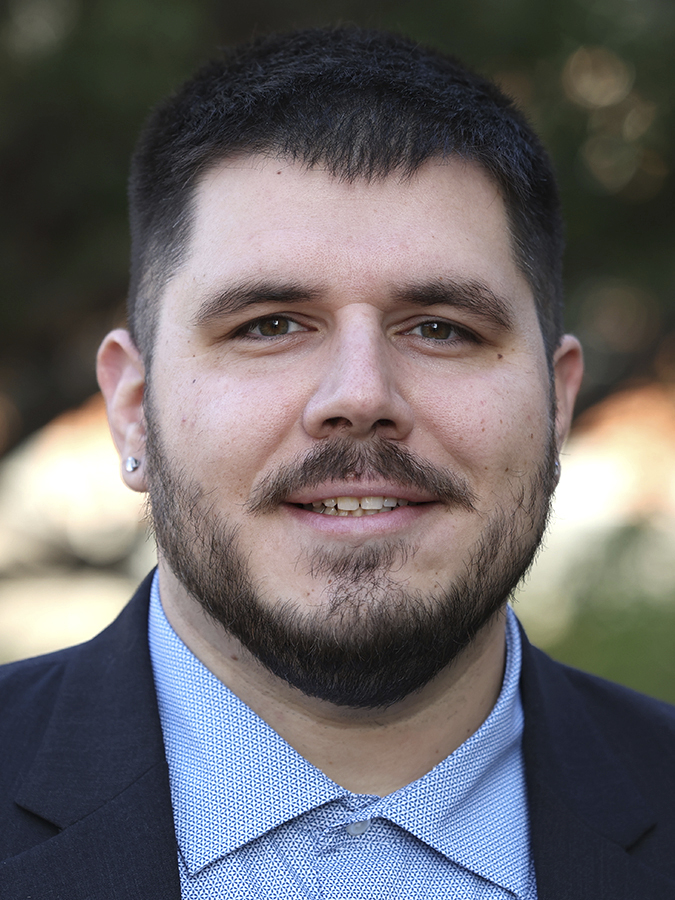
Assistant Professor
Assistant Professor
My overall research goal is to improve physical and metabolic health in conditions of skeletal muscle dysfunction and disrupted glucose uptake. Specifically, I use pre-clinical models to identify the mechanisms regulating muscle wasting, anabolic resistance, and insulin resistance during aging, chemotherapy-induced cachexia, and diet-induced obesity. My previous work has demonstrated a strong link between cellular senescence and skeletal muscle adaptability, and my lab employs pharmacologic and exercise-based interventions to reduce the senescent cell burden as a way to improve muscle health. I also investigate the link between myonuclear DNA damage and insulin sensitivity in models of obesity and muscle atrophy. To answer these questions, I use a combination of molecular biology and genetic approaches, including cell culture and genetically-modified animal models, which complement the array of biochemical techniques and assays used in my lab.
Marrs McLean Gymnasium 216
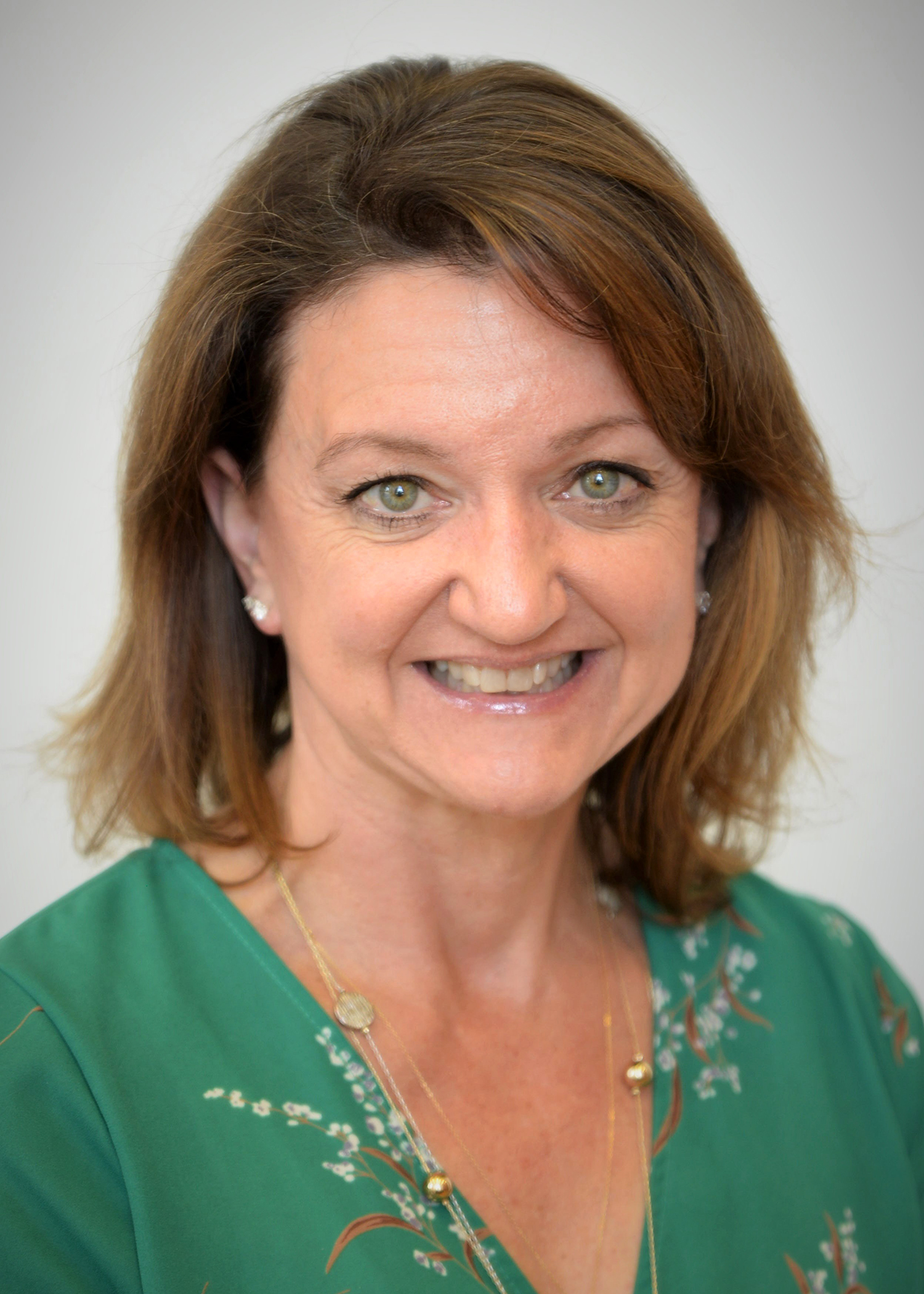
Associate Professor of Nutrition Sciences
Associate Professor of Nutrition Sciences
My research interests include effective weight management strategies, with supplementation, to improve body composition to enhance weight and disease management efforts and use of nutritional supplements to enhance effects of physical training programs with respect to improved body composition and functional capacity. My research team has focused on the use of supplemental l-leucine (BCAA) in mid-life women and is currently involved in interventions evaluating the effects of supplemental omega 3 fatty acid regarding enhancement of training regimens and impact on body composition. The overarching goal is to continue to identify the unique contributions of diet quality, supplementation and exercise in improving body composition with or without weight loss.
Mary Gibbs Jones 108
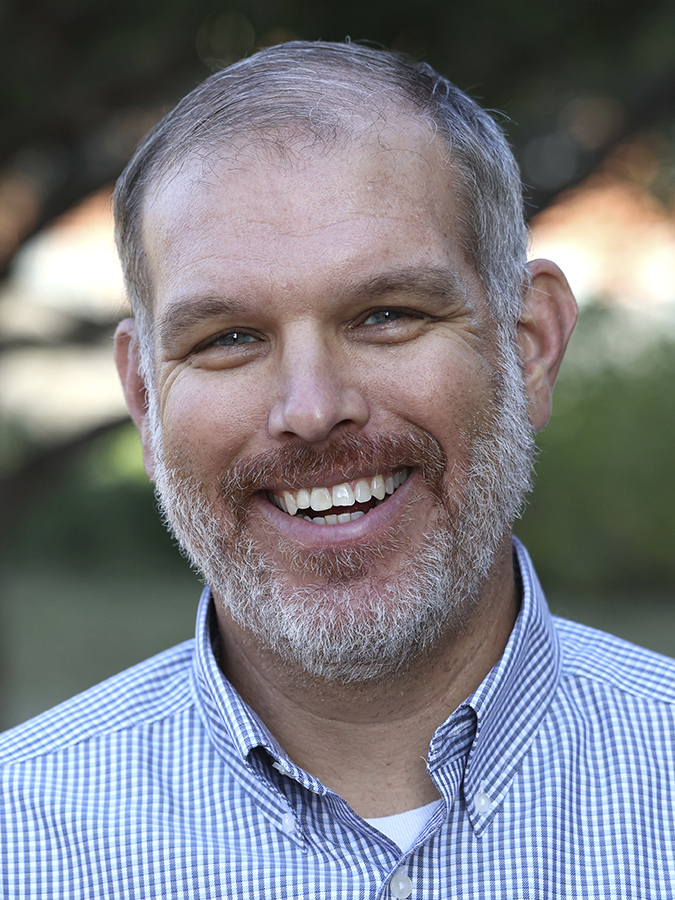
Associate Professor
Associate Professor
My research interests are focused on adverse health behaviors in collegiate student populations. To date, I have examined risk factors and motivations associated with prescription medication misuse, energy drink consumption, and hazardous drinking. My primary area of research examines the risk factors and motivations associated with stimulant use (e.g. prescription stimulants, energy drinks) in undergraduate student samples. Currently my research is focused on examining neuroethical and spiritual issues related to stimulant misuse.
Marrs McLean Gymnasium 110.07
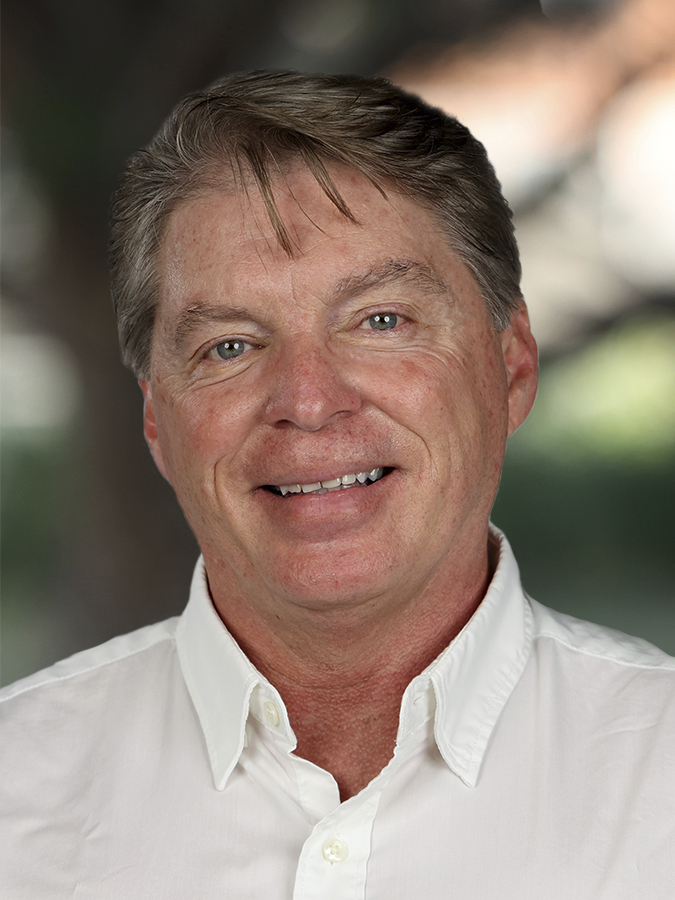
Professor
Professor
My research addresses the impact of exercise on cardio-metabolic health outcomes across the lifespan. Most recently, I have been investigating the role of skeletal muscle adaptations and the impact of muscular fitness as an independent predictor of health status as it is linked to both premature mortality and several morbidities across the lifespan. We have recently reported that a simple clinical assessment of muscular strength is a powerful predictor of cardiometabolic risk in children and have identified low thresholds for strength that could be helpful for clinicians. Maintaining strength over time, as we have recently investigated, is critical to guard against the future development of cardiometabolic risk. We have also shown that the muscle’s response to strengthening activities initiates a series of immune system responses that promotes metabolic function indicating the alternative benefits of strengthening activities among those with metabolic dysfunction. I am also an ongoing member of the Genetics and Exercise Research Consortium, I continue to investigate the role that genes play on the adaptive responses to exercise and how these may contribute to a personalized prescriptive approach to optimal health outcomes.
Marrs McLean Gymnasium 215
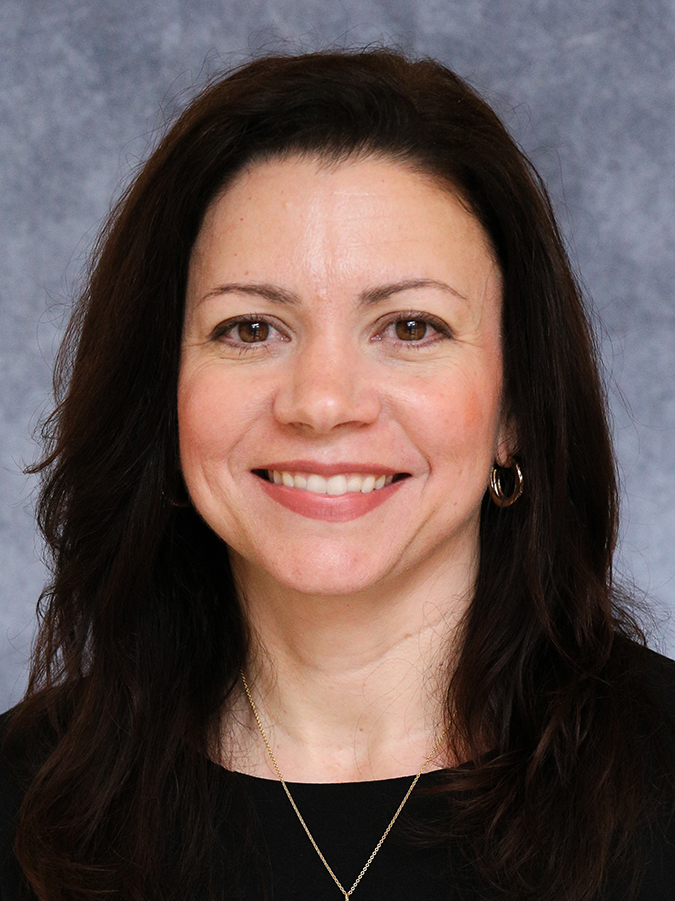
Associate Professor of Nutrition Sciences
Associate Professor of Nutrition Sciences
Mary Gibbs Jones 106
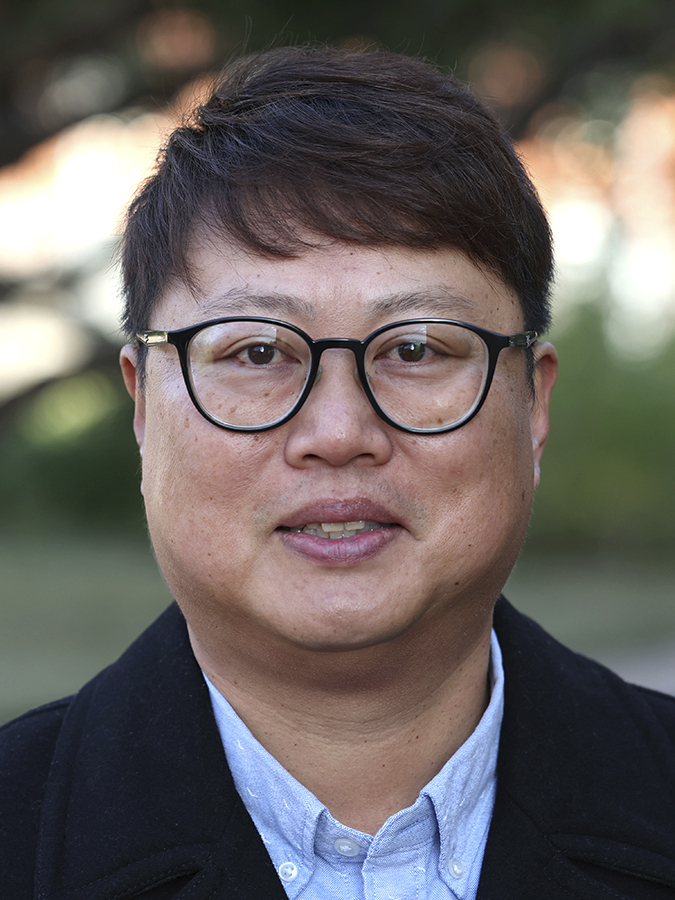
Director of Exercise Physiology
Director of Exercise Physiology
My research focuses on examining the effects of exercise, nutrition, and obesity on biomarkers related to inflammation, atherosclerosis, and endothelial functions in circulation and peripheral blood mononuclear cells. Some of the biomarkers in which I am interested include pro- and anti-inflammatory cytokines, cell adhesion molecules (intracellular CAM-1, vascular CAM-1, and E-Selectin), matrix metalloproteinases (MMPs), tissue inhibitors of MMPs (TIMPs), oxidative enzymes (ox-LDL, MPO, and 12/15 LOX). These molecules are strongly associated with inflammation, atherosclerosis, and endothelial function; thus, my research examines the response of these molecules in circulation and PBMCs following exercise and dietary/lifestyle modification in overweight and obese people that are more susceptible to cardiometabolic diseases.
Marrs McLean Gymnasium 224

Assistant Professor of Nutrition Sciences
Assistant Professor of Nutrition Sciences
The overarching goal of my research is to identify mechanisms and new therapeutic strategies for muscle wasting disorders, including cancer cachexia. Cachexia causes severe weakness and fatigue and significantly decreases both the quality and length of life in patients suffering from advanced cancers. One of my current focus areas is to elucidate the mechanisms of cardiac muscle dysfunction in cachexia, and how decreased cardiac performance may contribute to cachexia pathogenesis. I work with animal models of cancer cachexia and employ techniques in physiology, molecular biology, and biochemistry to measure heart function and identify molecular changes that contribute to functional alterations. I am particularly interested in the role of metabolic adaptations and calcium cycling changes in the progression of cardiac dysfunction in cachexia for the identification of new therapeutic targets. I have additional interests related to identifying differences in muscle wasting pathology in male and female animals and in the presence of metabolic disease and obesity.
Mary Gibbs Jones 104
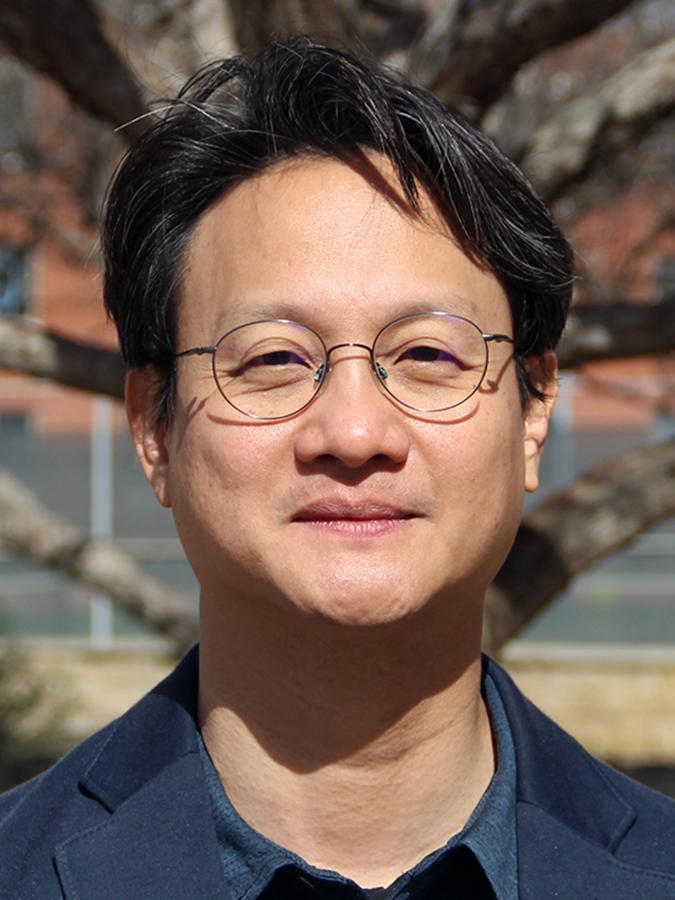
Associate Professor
Associate Professor
My research focuses on the molecular mechanisms of how biomechanical stress maintains or disrupts cell homeostasis in the blood vessel and their functional implications on vascular disease and sports-related traumatic brain injury. The current research projects aim to identifying molecular therapeutic targets for muscle angiogenesis and blood -brain barrier disruption. In collaboration with experts in various fields, we multidisciplinary innovative approaches, including biochemical assays, cell culture/transgenic animal models, human intervention studies, microfluidics, -omics technology, and machine learning. My research program is continuously sponsored by various federal and organizational funding agencies, including NIH and AHA. I have a keen interest in STEM education for next generation scientist in undergraduate, graduate and postdoctoral levels. My trainees have been awarded various national awards and funding, including NIH MARC U-STAR, Goldwater Scholarship, AHA Predoctoral & Postdoctoral fellowships. I also actively participated in multiple national services as a grant reviewer, a research award referee, and a member of scientific research taskforce teams. Prior to join Baylor, he served as a faculty at Temple University in the Department of Kinesiology and the Cardiovascular Research Center, Lewis Katz School of Medicine.
Marrs McLean Gymnasium 218
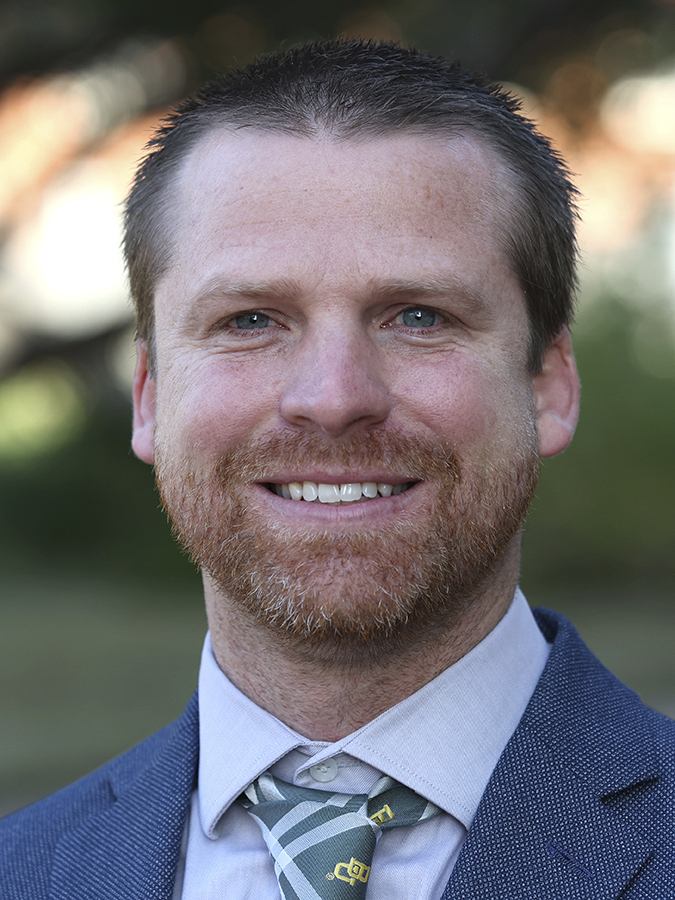
Assistant Professor
Assistant Professor
My research focuses on aerospace and environmental physiology, physiological-based multimodal sensor data fusion, and neurophysiological research. I primarily utilize non-invasive neurophysiological measurement techniques such as skeletal near-infrared spectroscopy, functional near-infrared spectroscopy, electromyography, mechanomyography, and electromechanical delay. My current projects include the development of neurophysiological assessment methodologies for patients with neuromuscular diseases including children with autism spectrum disorder, cerebral palsy, and Parkinson’s disease. In addition, my team is developing warfighter monitoring systems that quantify and track the underlying stressors impacting cognition, physiological responses, and task-performance in austere environments. The Human & Environmental Physiology Laboratory specializes in human subject research with a custom environmental room that can control heat, cold, humidity, light, and simulated altitude. Our modular environmental room has a full motion flight simulation system, cutting edge virtual reality with eye tracking, and Lockheed Martin’s Prepar3d Professional Plus software. In addition, our environmental room contains a training facility for law enforcement and military personnel that simulates stress, scenarios, and missions. The laboratory also contains a dedicated clinical treatment area that specializes in intermittent hypoxic treatment for inducing neuroplasticity in patients with neurological deficits such as spinal cord injuries and diseases.
Marrs McLean Gymnasium 110.05
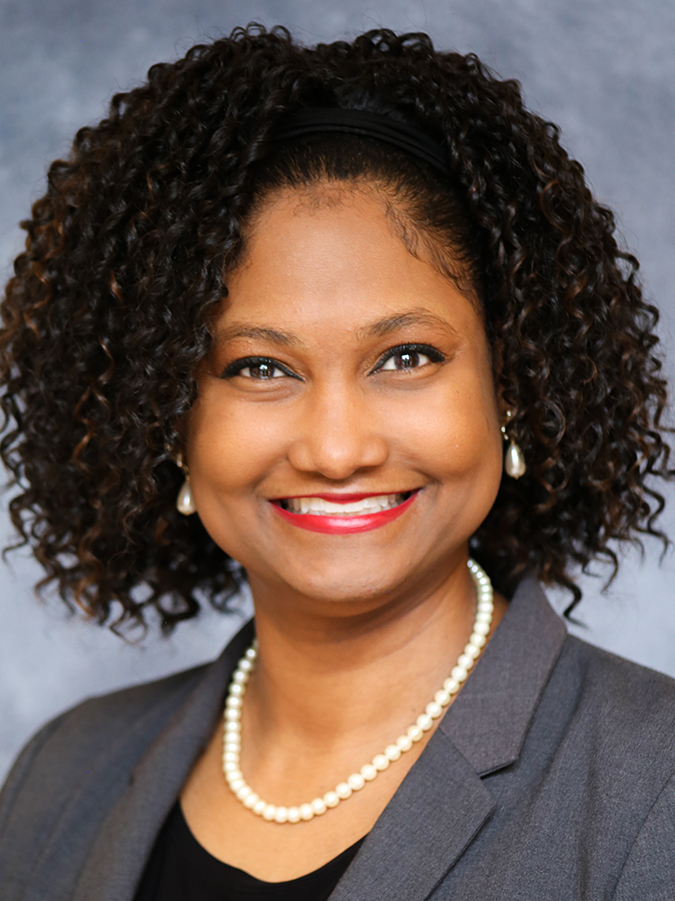
Associate Professor of Nutrition Sciences
Associate Professor of Nutrition Sciences
My research interests are dietary interventions and chronic disease prevention. My research is focused on polyphenol-rich foods and other functional foods, and their impact on the risk factors associated with metabolic syndrome (i.e., pre-diabetes, obesity, and hypertension) in populations that are at increased risk of developing type 2 diabetes and cardiovascular disease. Previous research findings in my lab have shown that consuming polyphenol-rich foods, such as blueberries, improved insulin sensitivity, endothelial function, oxidative stress, and inflammation in older adults with metabolic syndrome. The overall goal is to identify healthy foods that may help prevent or delay the progression of metabolic syndrome risk factors from developing into type 2 diabetes and/or cardiovascular disease.
Mary Gibbs Jones 112
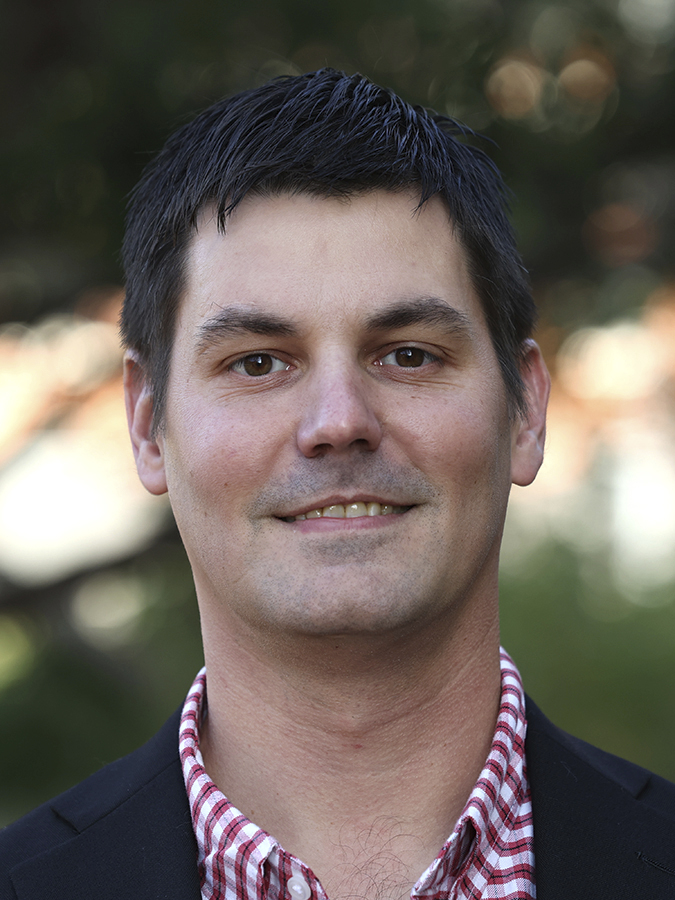
Assistant Professor
Assistant Professor
My research focus is on skeletal and cardiac muscle biology, biochemistry, and metabolism. My lab investigates the molecular signaling pathways in the regulation of muscle size in pre-clinical models such as disuse, cancer cachexia, and obesity. Prior findings from my research have demonstrated that mitochondrial dysfunction can negatively impact muscle protein synthesis and protein degradation and therefore may be an important target in preventing muscle atrophy. Using a combination of molecular biology and genetic approaches, my lab continues to explore the relationship between mitochondrial function and muscle mass with a long term goal of generating targeted therapeutics to prevent muscle wasting in a variety of models.
Marrs McLean Gymnasium 214